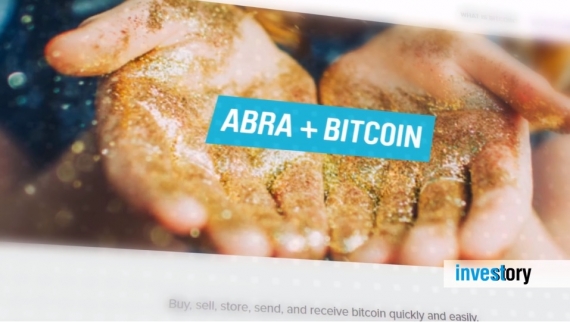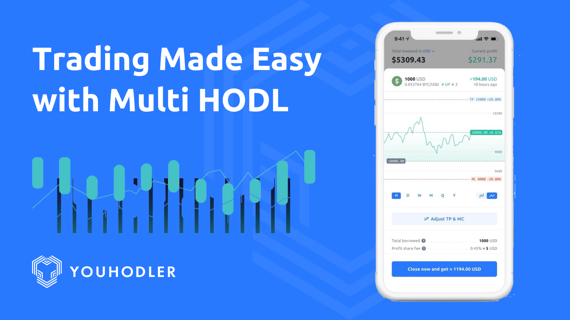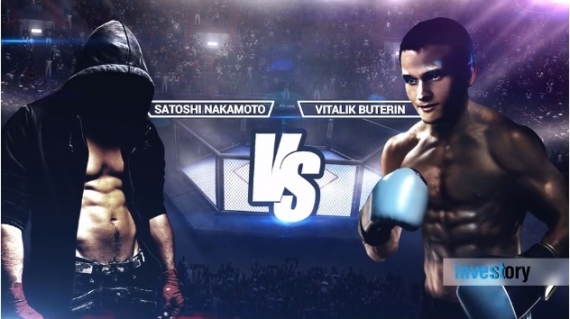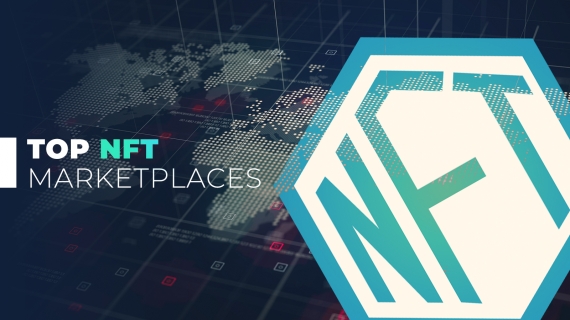
How to Use Bread Wallet; Is Bread Wallet Better Than Coinbase?
Before we get too deep in the Bread Wallet vs. Coinbase debate, it's important to know that these two wallets are quite different and fit the needs of every user differently. Alright, now that we've got that disclaimer out of the way, let's dig into the details of how to use Bread and if it's actually the best choice for you.
HOW TO USE BREAD WALLET (BETTER THAN COINBASE?)
Despite its name, Bread Wallet is not for complex or simple carbohydrates. Instead, it's a mobile Bitcoin wallet. Here, you can use the Bitcoin payment network and manage your Bitcoin in a simple, and user-friendly way. Think of this app as an email client like Gmail. It simply helps you send and receive Bitcoin. To use it, just download the app and select "New Wallet." From there, you'll have to generate a backup phrase (don't lose it). Now, you're ready to send and receive payments. To send, you need the receiver's QR code or their wallet address. Enter the amount you wish to send, click "send," and you're all set.
HOW BREAD WALLET IS DIFFERENT FROM COINBASE
The key difference between Bread Wallet and Coinbase is ownership. See, with Coinbase, you don't actually own your private key. They do. Hence, they own your Bitcoin. With Bread, you manage your private key. As a result, you are the true owner of your Bitcoin. However, this comes with an added risk because you need to always be in possession of your private key. No private key, no Bitcoin. On the other hand, letting another wallet like CB do the dirty work for you also comes with its fair share of risks. You're essentially trusting that they'll take care of your hard-earned Bitcoin for you. Now, CB is a highly respected exchange and wallet, but that's not to say they are invincible from attacks.
IS BREAD WALLET BETTER THAN COINBASE?
So, what's the answer here? What wallet is the best one out there? Sorry to say, but there just isn't any answer for that. If owning your Bitcoin is something you truly care about, then choosing one of the many wallets that give you a private key is what you want. It all comes down to what kind of "crypto-personality" suits you best. To find out this answer (and many more), head on over to YouToken.io.







